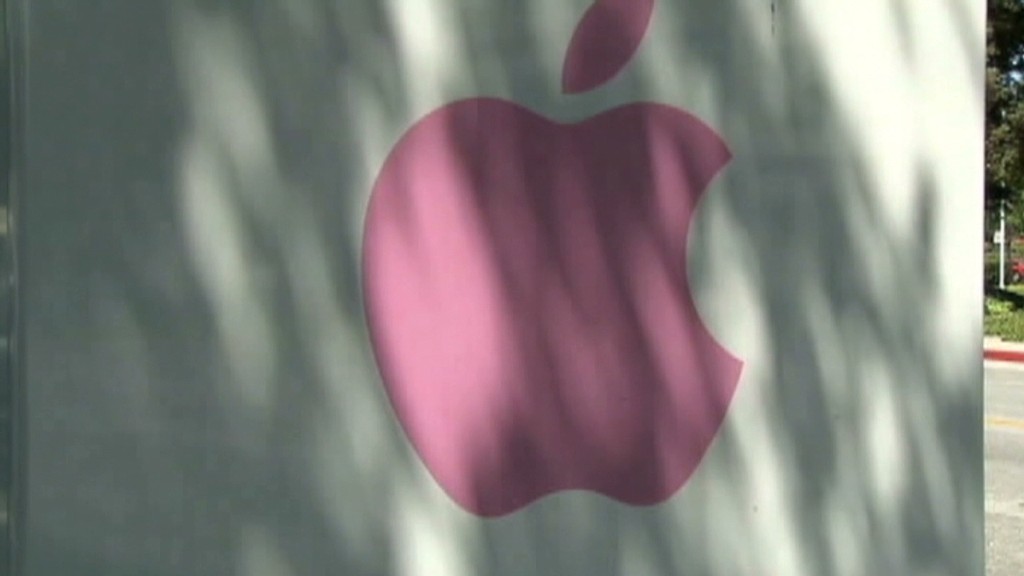
The Apple-Samsung patent mega-trial is approaching the finish line, but the consequences for users of all smartphones may be just beginning.
On Monday, Apple requested an injunction against eight Samsung devices, including multiple variations of the Galaxy S and S II, the Droid Charge and the Galaxy Prevail. A California jury on Friday found that those smartphones violated patents including pinch-zooming, bounce-back scrolling and the appearance of icons on the screen.
U.S. District Judge Lucy Koh will consider the injunction on Sept. 20, and if she grants it, Samsung could be forced to take those gadgets off the market.
The case was between Apple and Samsung only, but the ruling could force other major smartphone companies to make big changes.
"There are so many patents in a single phone, and these patent wars are raging every day in courts around the world," said Mike Carrier, professor at Rutgers Law School. "The goalpost for what's allowed moves every day, and customers need to keep that in mind."
The trial's complexity has left even industry experts mixed on how the ripple effect will play out, but here's what you, the consumer, need to know:
If you own a Samsung phone: A total of 21 Samsung devices, were found to infringe on Apple patents.
Customers who own those devices don't need to worry that anyone will take their phones away. Samsung could license Apple's software patents to keep all of its phones' features intact. Some legal experts note it's possible that those phones could receive a software update that tweaks how they look and work -- for example, changes to zooming action.
Related story: Apple-Samsung case is 'far from over'
If you own any Android phone, not necessarily a Samsung model: The Apple-Samsung verdict could affect all smartphone titans, but Android maker Google (GOOG) is the first on that list.
That's because the Android software that got Samsung in trouble is relatively the same across manufacturers. Armed with patents now deemed valid by at least one jury, Apple could go on to sue Google and its phone partners.
JPMorgan analyst Doug Anmuth called the verdict "a setback for [the] Android ecosystem" in a note to clients on Monday, warning that both Google and its partners "will likely now have to work around certain features of the operating system and their devices."
Android users could see those workarounds in a software update that changes how some features work. Even the threat of that could be enough to give consumers pause when buying their next smartphone, some experts believe.
"It's a psychological victory for Apple," said Carrier the Rutgers law professor. "Now it's in the back of consumers' minds: Will my phone work the same way in a few months? Even if the answer is yes, the seed of doubt is there."
Related story: Apple v. Samsung: What the analysts are saying
If you're looking to buy a new phone and are worried about buying a Samsung: The final ruling on this trial could come long after your new smartphone becomes old hat. Even before the jury came back, industry experts expected any decision in the complex case would be appealed -- which could set off another long legal battle.
Even if an injunction is granted against Samsung's devices, there's a strong possibility that ruling will be postponed by a higher court.
If you're still really concerned about the power that Apple could wield against Samsung and its other rivals, Apple did cite two companies with unique designs: Blackberry maker Research in Motion (RIMM) and Nokia (NOK).
If you own or are interested in buying a Samsung tablet: This category offered one spot of good news for Samsung: The jury ruled that Samsung's Galaxy Tab tablets did not infringe on Apple's design patents for the iPad.
That means the Tab's hardware style and icon layout are allowed to stay the same. But the software infringements apply here, so like Samsung phones, the tablets could receive changes to their features.

